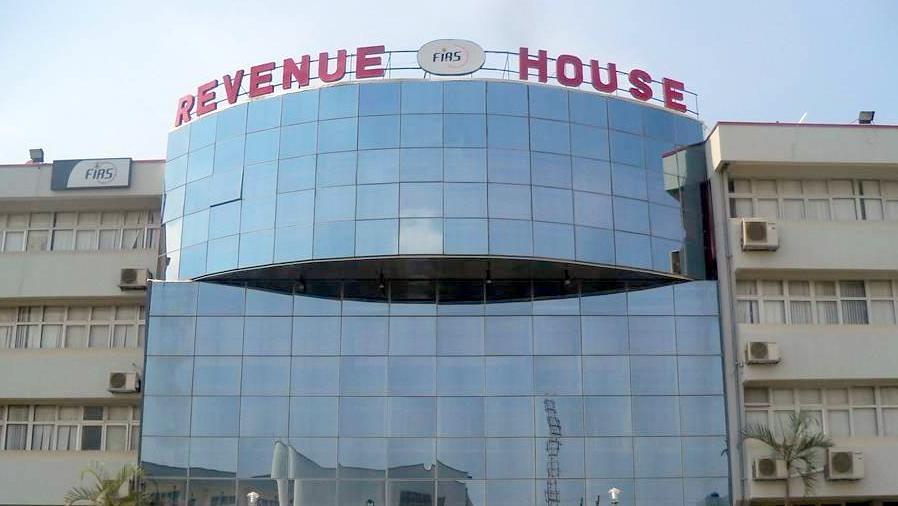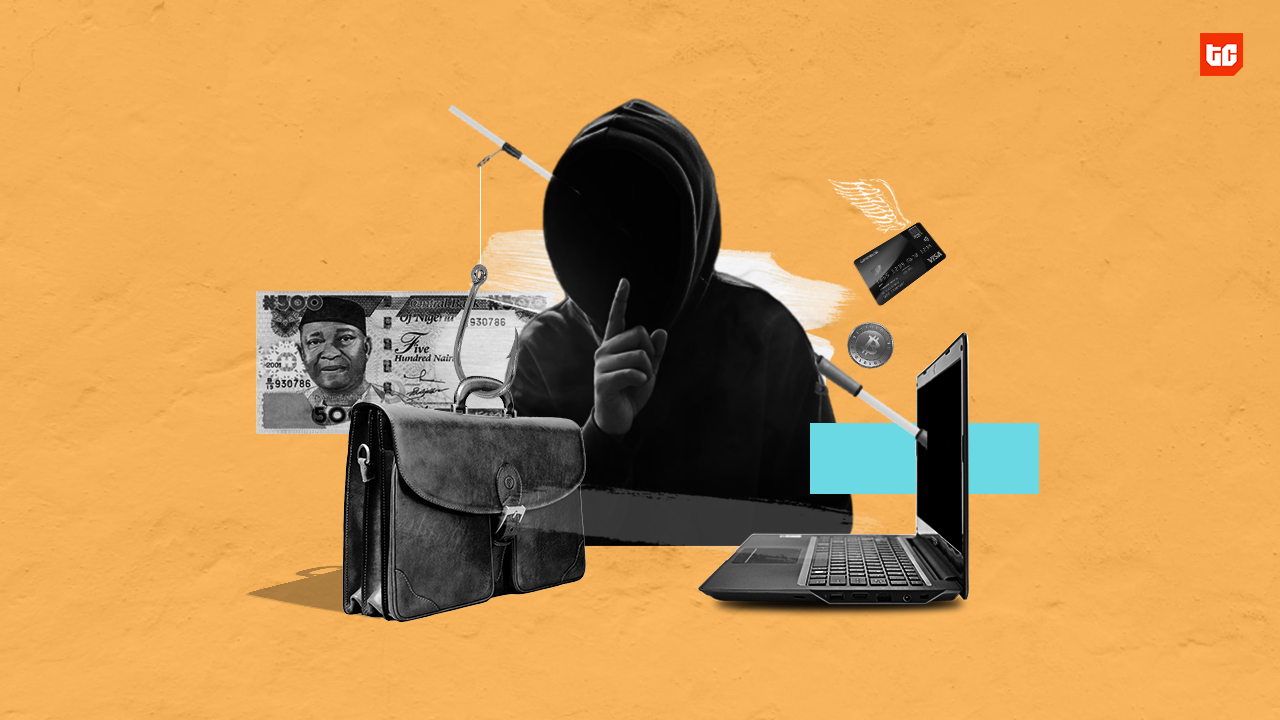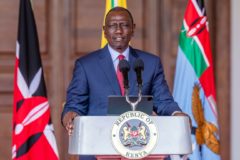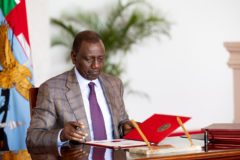Nigerians face the possibility of a new tax on electronic communications which is already being levied in Ghana. The Communications Service Tax bill was championed by the former communications minister Adebayo Shittu and thrown out by the National Assembly in 2016 due to outcry by stakeholders but has now resurfaced under the current Senate.
To counter the proposed increase of Value Added Tax from 5% to 7.2%, Senator Ali Ndume re-introduced the bill that will see consumers pay a 9% tax on voice calls, data consumption, SMS, MMS and pay TV.
The bill has now passed first reading to second and states: “The tax shall be levied on Electronic Communication Services supplied by service providers. For the purpose of this clause, the supply of any form of recharges shall be considered as a charge for usage of Electronic Communication service.”
Babatunde Fowler, Chairman of the Federal Inland Revenue Service, was credited with a statement that Nigerians talk a lot on the phone, as part of the justification for the tax. “I will put it this way, Nigerians talk a lot on the phone; they even talk more than is required, so for them to have capacity or revenue to talk that much, I don’t see any harm in paying a little bit more to government.”
The tax will be collected together with the providers’ charges while the Federal Inland Revenue Service (FIRS) collects from service providers and remit to the Federation Account. All service providers are expected to file monthly returns, with penalties for failure to file returns.
If this bill becomes law, the affected services will either become more expensive for consumers, or the providers will charge the same rates while absorbing the tax, as was the situation in Ghana until last month.
A third possibility is that the providers redesign their rates so that both provider and consumers share the brunt of the new tax.
In Ghana, the communications tax has existed since 2008 and was reviewed upward from 6% to 9%, effective from October 1, 2019. Telcos who previously bore the weight of the tax have now shifted it to consumers following the increase.
Vodafone Ghana texted its users to this effect: “Dear customer, with the increase in Communications Service Tax – CST to 9%, effective 1st October 2019, CST of 9% will be applied to every recharge. Thank you.”
In Nigeria, this tax may serve to disincentivise growth in a sector that’s serving as a beacon to other businesses. In 2018, the telecommunications and information services sector contributed 7.57% to the GDP of the country as one of the largest non-oil drivers of the economy.
On this point, tax experts at Deloitte, a consulting firm with operations in Nigeria pose the question: “Considering that telecommunication services still need to be extended especially to the rural areas, will the Bill not be perceived to be a deliberate attempt to stall the growth of this particular sector?”
Being a consumption tax, the CST together with the value-added tax system will increase the cost of services to consumers in a market where certain providers already struggle to drive adoption of their products. This could potentially discourage investors looking to participate in the sector.
Already, Nigerians pay relatively high costs for data services and this proposed tax will further increase the cost and very likely stall broadband penetration. A counterintuitive step, if the government intends to meet its target of 70% penetration by 2021, which according to the Nigerian Communications Commission, penetration was at 33% in March.
Also, telecommunications and information services serve as the backbone of the growing tech scene in Nigeria, along with virtually all other sectors; from agriculture to health care and education that rely on technology to bolster their offerings and improve efficiency. The CST will effectively increase the cost of operations for all such businesses.
With a record $28.5 billion budget presented to the National Assembly by the president for 2020, and considering the government’s need to fund its growing budgetary needs by improving revenue, more taxes seem an obvious solution.
However, as the guys at Deloitte put it: “the Government should develop structures that will ensure that taxpayers outside the tax net, especially in the informal sector, are captured and taxed adequately rather than introducing ‘emergency taxes’ at every opportunity.”





















